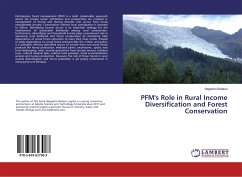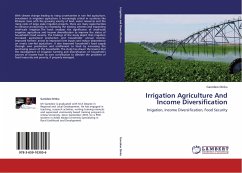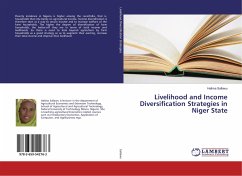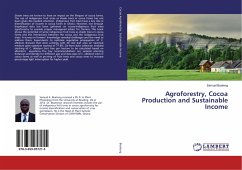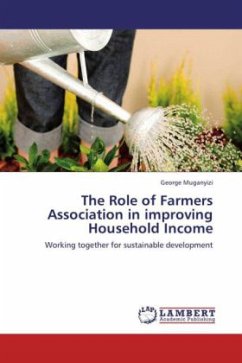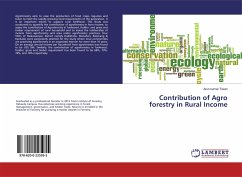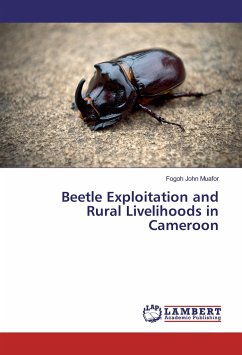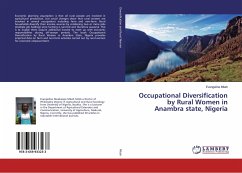Participatory forest management (PFM) is a multi -stakeholder approach where the private sector, institutions and communities are involved in management of forests and sharing benefits that accrue from forest management process. Conservation without local participation is doomed to failure. Diversifying income source is an important strategy for the maintenance of sustainable livelihoods among rural communities. Furthermore, diversifying rural household income plays a paramount role in improving rural livelihood and forest conservation by minimizing high dependence of wood forest extraction to meet their basic needs. Instead of solely dependence on wood forest products (like fire, timber and poles), it is advisable offering diversified source of income from non-wood forest products like honey production, medicinal plants ,mushrooms , spices, wax from beekeeping, roots, income generation from tourism services, bamboo trees, cultural material sales, cultural food provision, hotel accommodation services and nursery production. However, the role of these trends in rural income diversification and forest protection is yet poorly understood in many parts rural Ethiopia.

